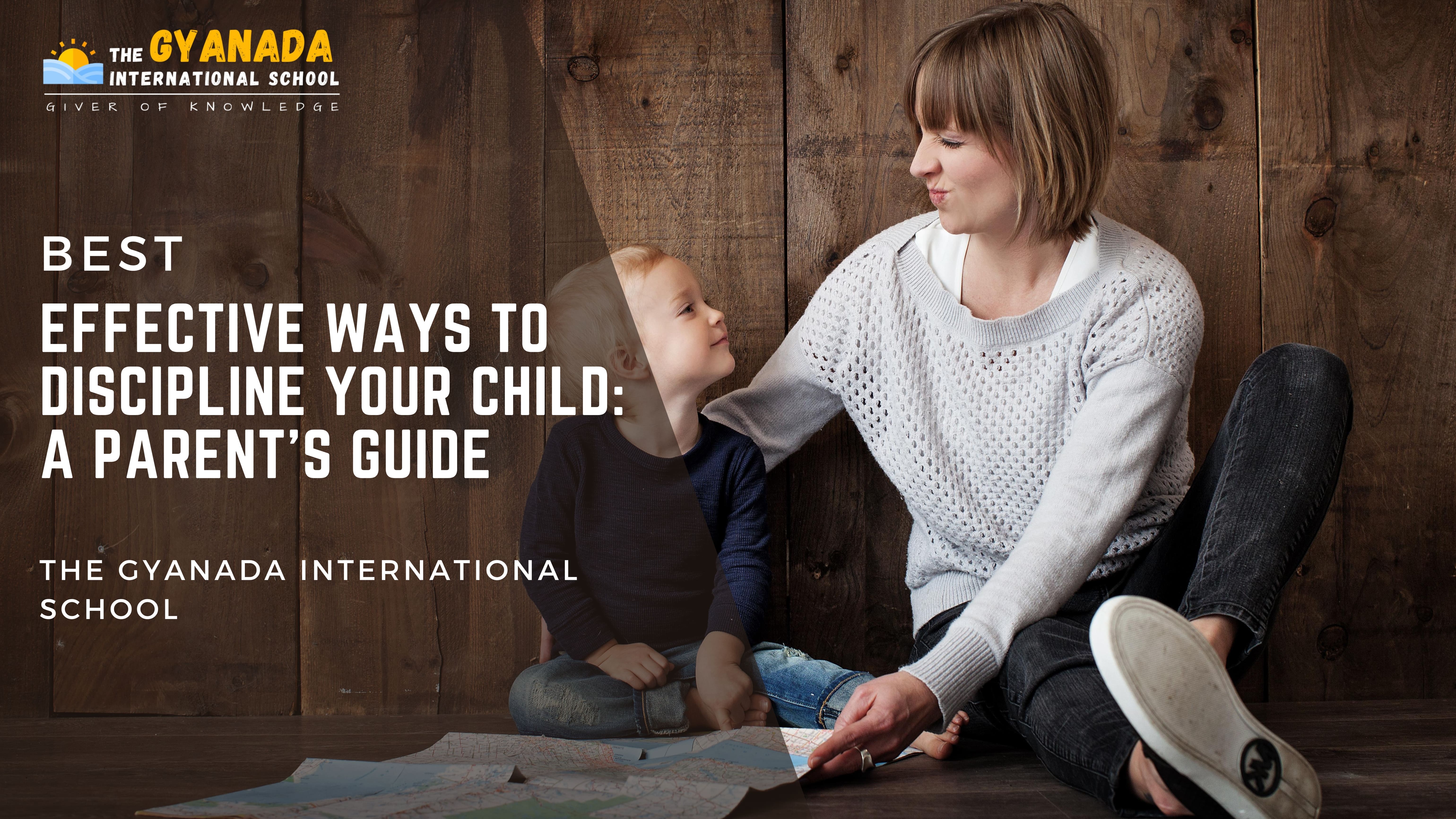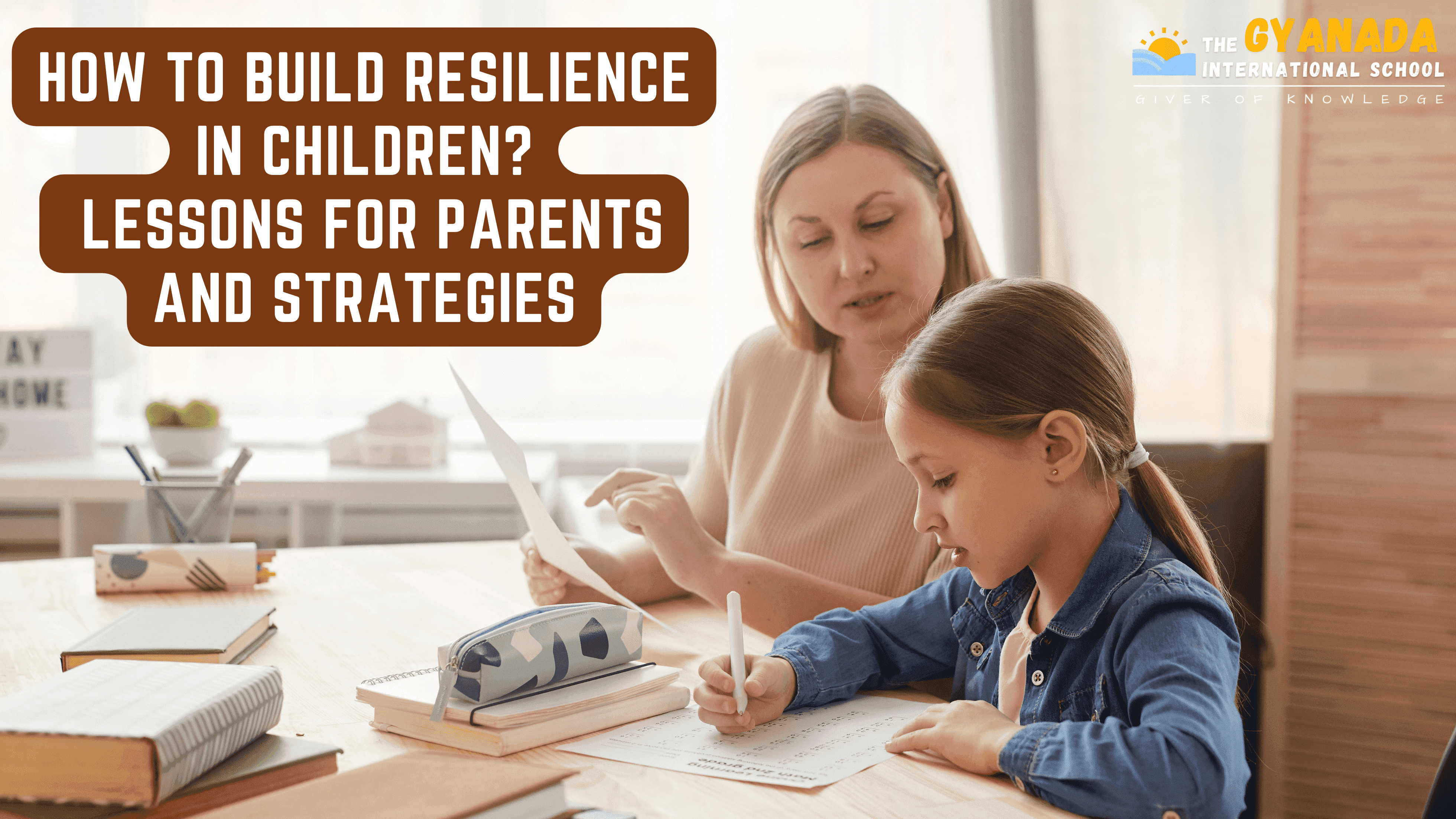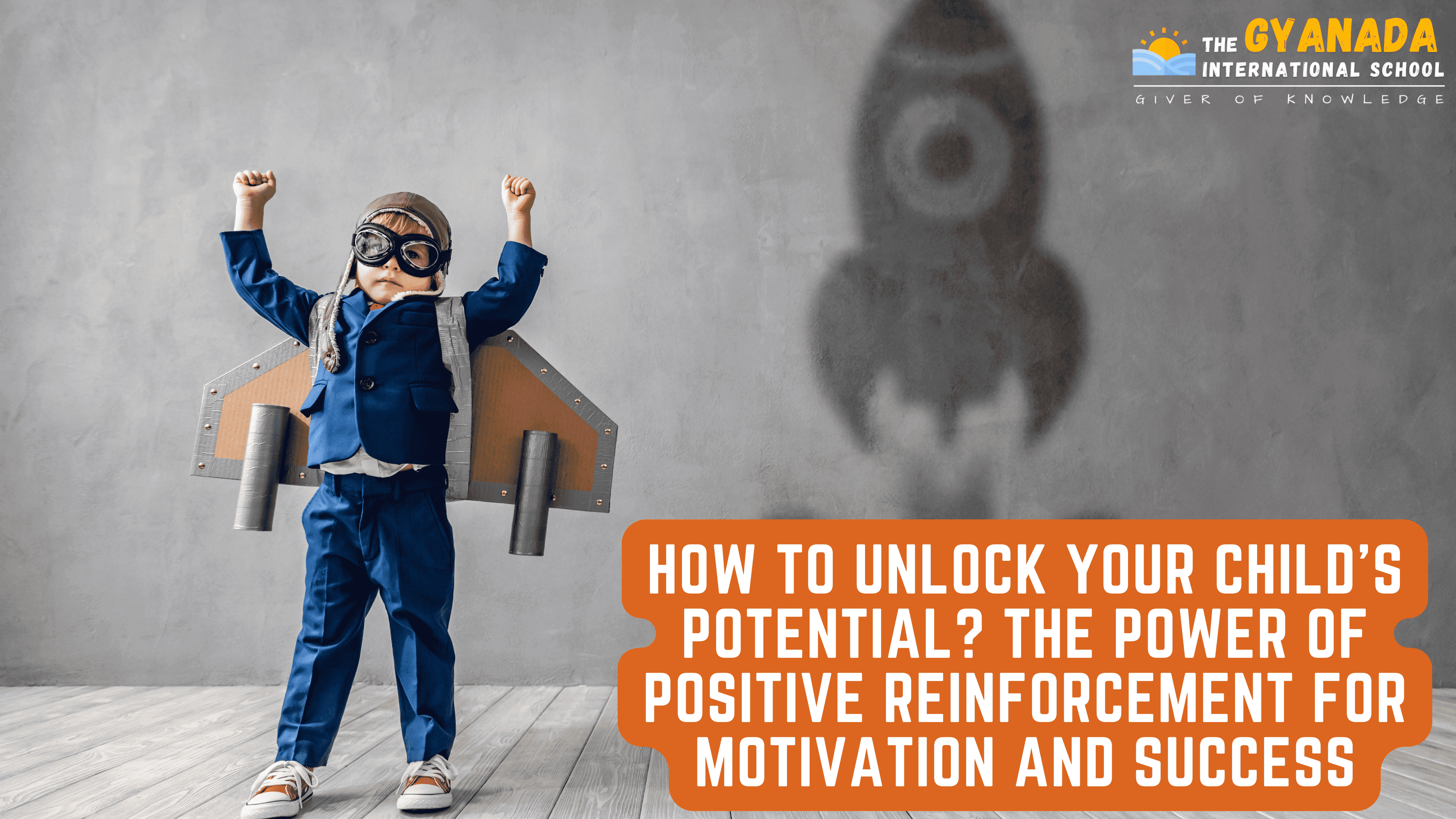
The Importance of Play in Your Child's Development
Play is an important part of a child's development. It is through play that children learn about the world around them, develop their social skills, and build their cognitive abilities. In this blog post, we will explore the importance of play in your child's development.
- Play Helps with Physical Development: Play allows children to engage in physical activities such as running, jumping, and climbing. These activities help to develop their gross motor skills, balance, and coordination. In addition, play can also help to strengthen their fine motor skills through activities such as drawing, painting, and building with blocks.
- Play Fosters Social Development: Play provides opportunities for children to interact with others and develop their social skills. Through play, children learn to share, take turns, and negotiate with others. They also learn about social norms and expectations, such as how to greet others and how behave in different social situations.
- Play Enhances Cognitive Development: Play stimulates a child's brain and helps to enhance their cognitive abilities. Children learn problem-solving skills, critical thinking, and creativity through play. They also learn to make connections between different ideas and concepts and to develop their imagination and curiosity.
- Play Improves Emotional Development: Play allows children to express their emotions and develop their emotional intelligence. Through play, children learn to identify and understand their own emotions, as well as the emotions of others. They also learn to regulate their emotions and develop empathy for others.
- Play Promotes Language Development: Play provides opportunities for children to develop their language skills. Through play, children learn new words and concepts and practice their language skills by communicating with others. Play also helps children to develop their listening and comprehension skills, which are important for academic success.
- Play Builds Self-Esteem and Confidence: Play provides children with opportunities to explore their interests and talents, and to take risks in a safe and supportive environment. This helps to build their self-esteem and confidence and to develop a positive sense of self.
- Play Encourages Learning and Exploration: Play encourages children to be curious and to explore the world around them. Through play, children learn about different subjects and concepts and develop a love for learning. Play also provides opportunities for children to learn through trial and error, which is an important part of the learning process.
In conclusion, play is a crucial component of a child's development. It helps to develop their physical, social, cognitive, emotional, and language skills and promotes self-esteem, confidence, and a love for learning. As parents, it is important to provide our children with opportunities to play and explore the world around them and to encourage them to use their imaginations and curiosity to learn and grow.




















